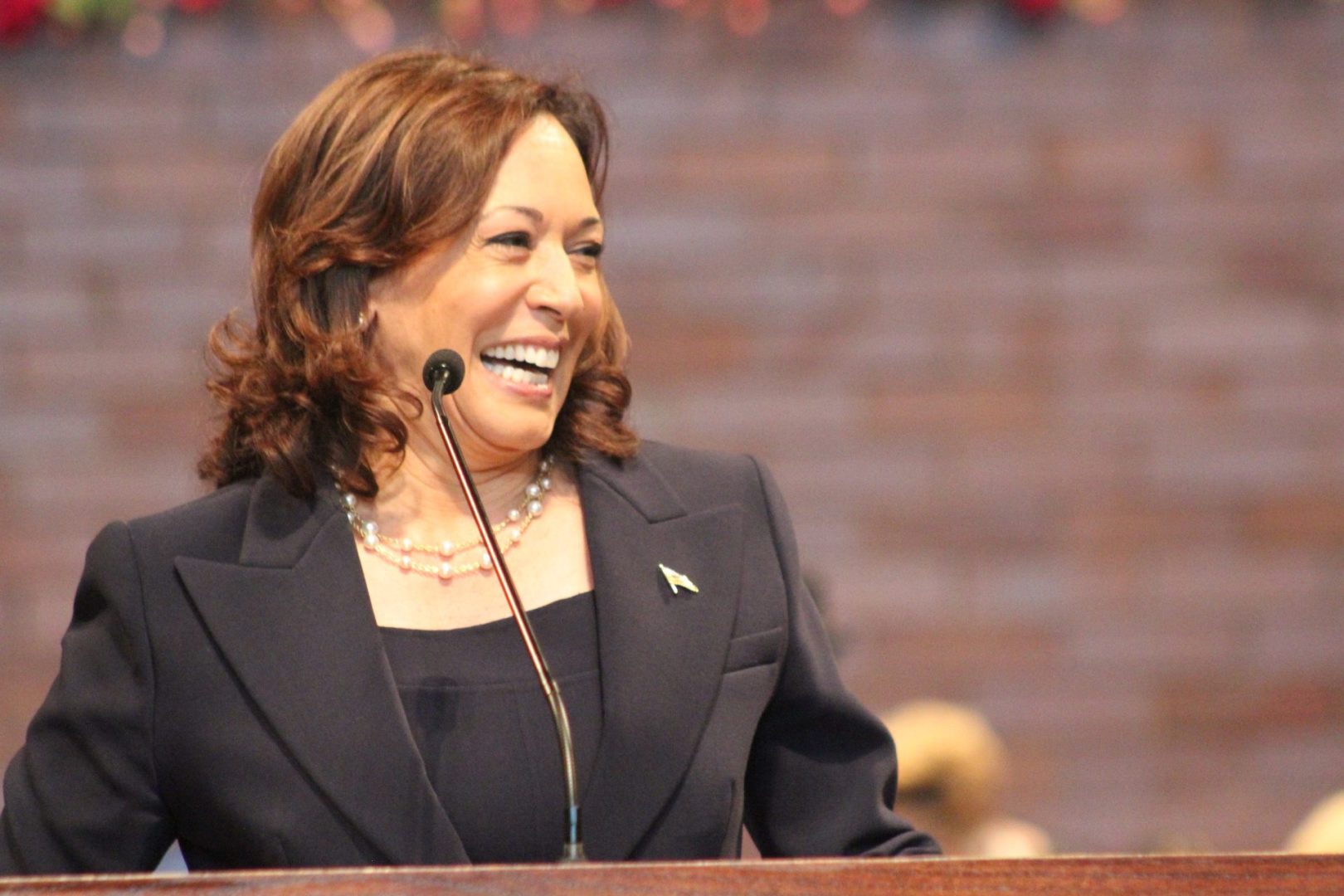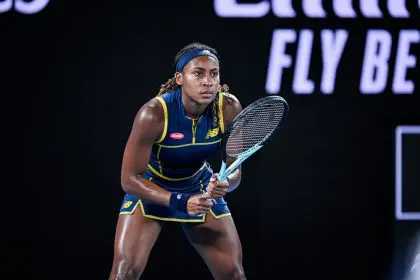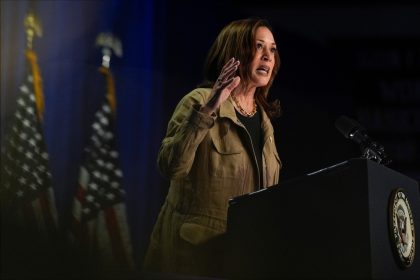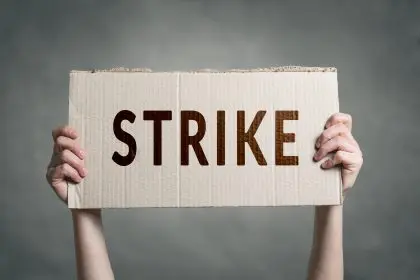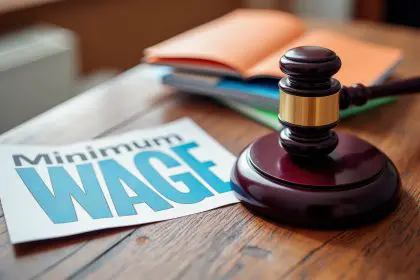Historically Black Colleges and Universities (HBCUs) have long been crucibles of excellence, forging some of the world’s most influential leaders across various fields. These institutions have played a pivotal role in shaping the landscape of American society, producing graduates who have gone on to break barriers and inspire generations.
The power of HBCU education
HBCUs have consistently nurtured talent that has gone on to shape politics, civil rights movements, entertainment, and business. Among these notable alumni are figures like Vice President Kamala Harris and Rev. Dr. Martin Luther King Jr., whose journeys from HBCUs to positions of immense influence exemplify the transformative power of these institutions.
Vice President Kamala Harris – Howard University
Harris, the first female, Black, and South Asian Vice President of the United States, graduated from Howard University in 1986 with a degree in political science and economics. Her time at “The Mecca” was instrumental in developing her leadership skills and commitment to public service. As a member of Alpha Kappa Alpha Sorority, Inc., Harris strengthened her ties to the Black community and social justice causes.
Chadwick Boseman – Howard University
The late Chadwick Boseman, famed for his role as T’Challa in “Black Panther,” earned his Bachelor of Fine Arts in directing from Howard in 2000. Boseman’s portrayal of iconic Black figures like Jackie Robinson and Thurgood Marshall showcased his dedication to elevating Black history and culture through his craft.
Oprah Winfrey – Tennessee State University
Media mogul Oprah Winfrey studied communications at Tennessee State University. Her journey from local TV anchor to host of “The Oprah Winfrey Show” demonstrates the foundation laid by her HBCU education. Winfrey’s influence extends beyond media into philanthropy and education advocacy.
Thurgood Marshall – Howard University School of Law
The first African American Supreme Court Justice, Thurgood Marshall, graduated from Howard University School of Law in 1933. Mentored by civil rights lawyer Charles Hamilton Houston, Marshall went on to argue the landmark Brown v. Board of Education case, ending legal segregation in public schools.
Taraji P. Henson – Howard University
Award-winning actress Taraji P. Henson earned her theater arts degree from Howard in 1995. Her performances in “Hustle & Flow,” “The Curious Case of Benjamin Button,” and as Cookie Lyon in “Empire” have solidified her status as a Hollywood powerhouse.
Rev. Dr. Martin Luther King Jr. – Morehouse College
One of the most influential leaders in American history, Rev. Dr. Martin Luther King Jr. graduated from Morehouse College in 1948 with a degree in sociology. Morehouse played a crucial role in shaping King’s beliefs in equality, justice, and peaceful protest. As a key figure in the civil rights movement, King’s leadership and advocacy for nonviolent resistance transformed the fight for racial equality in the United States. His iconic “I Have a Dream” speech, delivered during the 1963 March on Washington, remains a powerful symbol of hope and perseverance.
Stacey Abrams – Spelman College
Political activist and author Stacey Abrams graduated from Spelman College in 1995 with a degree in interdisciplinary studies. Abrams has made significant strides in expanding voting rights and advocating for social justice, playing a crucial role in mobilizing voters during the 2020 election.
Langston Hughes – Lincoln University
Poet and social activist Langston Hughes graduated from Lincoln University in 1929. A central figure in the Harlem Renaissance, Hughes’ work celebrated Black culture and experiences, inspiring countless artists and activists.
Common (Lonnie Rashid Lynn) – Florida A&M University
Rapper, actor, and activist Common studied business administration at Florida A&M University. Known for his conscious lyrics, Common has used his platform to address issues such as mass incarceration and racial inequality. His Academy Award-winning song “Glory” from the film “Selma” further showcases his commitment to social justice.
The enduring legacy of HBCUs
These nine individuals represent just a fraction of the brilliance that has emerged from HBCUs. From civil rights activism to the arts, politics to jurisprudence, HBCU alumni continue to shape society in profound ways. The contributions of graduates like Martin Luther King Jr., Kamala Harris, and Thurgood Marshall underscore the vital role these institutions play in nurturing talent, resilience, and leadership within the Black community.
HBCUs remain centers of excellence, creating spaces where students can embrace their heritage, build a sense of purpose, and contribute meaningfully to society. As the world increasingly focuses on diversity and inclusion, these institutions will continue to be crucial in shaping the next generation of leaders and change-makers.
The impact of HBCU graduates extends far beyond individual success stories. From the civil rights movement to the White House, these alumni have become trailblazers, using their platforms to inspire and enact change. As more young people seek higher education that aligns with their values and aspirations, HBCUs stand ready to empower the next wave of visionaries and activists.
The future is bright, and HBCU graduates will undoubtedly continue to lead the charge in creating a more equitable and just world. Their stories serve as a powerful reminder of the transformative potential of education and the enduring importance of historically Black institutions in American society.
This story was created using AI technology.

